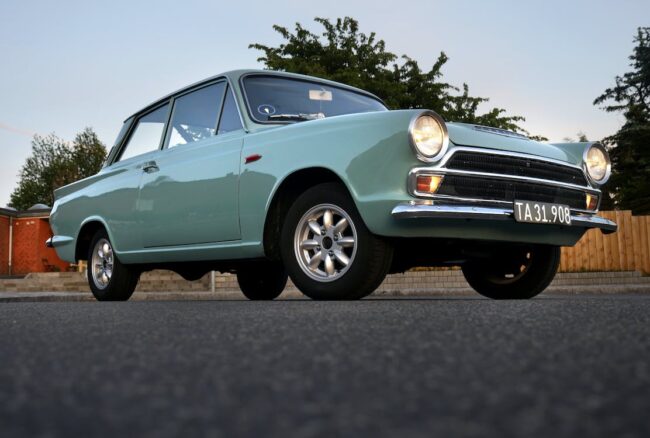
When it comes to owning a car, one of the common questions that arise is, “At what mileage should I trade in my car?” Deciding when to trade in your vehicle can be a daunting task, as there are several factors to consider.
Factors to Consider:
Depreciation:
At what mileage should I trade in my car? One of the primary factors to consider when deciding to trade in your car is depreciation. Depreciation refers to the decrease in the value of your car over time. As a general rule, cars tend to depreciate the most in the first few years of ownership. After that, the rate of depreciation tends to slow down.
Maintenance and Repair Costs:
At what mileage should I trade in my car? As a car ages and accumulates mileage, the likelihood of encountering maintenance and repair issues increases. If you find yourself spending more on repairs and maintenance, it might be a good indication that it’s time to trade in your car.

Fuel Efficiency:
Fuel efficiency is another crucial factor to consider when determining the optimal mileage to trade in your car. Older vehicles tend to have lower fuel efficiency compared to newer models. If you find yourself spending a significant amount on fuel costs, it might be worth considering trading in your car for a more fuel-efficient option.
Lifestyle Changes:
Another factor to consider when deciding to trade in your car is any significant lifestyle changes you may have experienced. For example, if you used to commute long distances but now have a shorter commute, you may not require a high-mileage vehicle anymore. Similarly, if your family is growing, you might need a larger vehicle to accommodate everyone comfortably.
Determining the Mileage:
Now that we have explored the key factors to consider, let’s discuss how to determine the ideal mileage to trade in your car:
Research the Market:
Start by researching the market value of your current vehicle. Online resources such as Kelley Blue Book or Edmunds can provide you with an estimate of your car’s current worth based on its make, model, mileage, and condition. This will give you a baseline to work with when deciding to trade in your car.
Consider Your Future Needs:
Take into account your future needs and lifestyle changes. If you anticipate needing a different type of vehicle in the near future, such as a more fuel-efficient car or a larger SUV, it might be wise to trade in your current vehicle sooner rather than later.
Evaluate Safety and Technology Features:
Consider the safety and technology features of your current car. If your vehicle lacks important safety features or is outdated in terms of technology, it might be beneficial to trade it in for a newer model with the latest advancements.

How to prevent logging unnecessary miles on your vehicle’s odometer?
Originally created for practical applications, such as vehicle testing to avoid adding unwarranted mileage, the Mileage Blocker operates discreetly and ensures that any modified data remains undetectable.
While the Mileage Blocker can be employed for assessing your vehicle’s performance in controlled settings, it must never be used for deceptive purposes when selling your used vehicle. Misleading prospective buyers in this manner is not only unethical but also illegal in most instances. Therefore, it is crucial to refrain from any deceitful intentions when using this module. Instead, embrace its intended purpose to protect your vehicle’s integrity and make informed decisions based on accurate mileage data.
Conclusion:
At what mileage should I trade in my car? Remember to consult with professionals and trusted sources to ensure you get the best possible deal when trading in your car. Additionally, market trends and the value of your car can also influence the decision. Regularly assessing the overall performance, reliability, and safety of your car will help you make an informed choice. Remember, trading in your car at the right time can maximize its value and provide a smoother transition to a new vehicle.
Latest Posts
- 1
- 2
Is Buying a Car with Over 100k Miles a Good Idea?
April 10, 2024 - 3
Why Are High Mileage Cars So Expensive? – A Guide
April 5, 2024 - 4
Where Is The Mileage Located In A Car?
April 3, 2024 - 5
Whats High Mileage in Vehicles?
March 29, 2024 - 6
What’s The Gas Mileage On A Smart Car: A Comprehensive Guide
March 27, 2024 - 7
At What Mileage Should You Sell Your Car?
March 22, 2024 - 8
Should You Buy a Car with Over 100k Miles?
March 20, 2024 - 9
Should You Buy a Car with 100k Miles?
March 15, 2024 - 10
Understanding ODO Meaning in a Car
March 13, 2024








